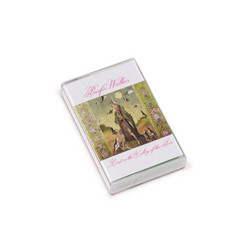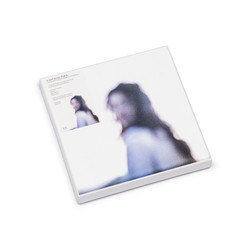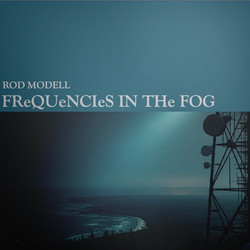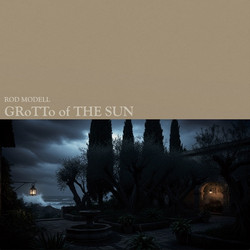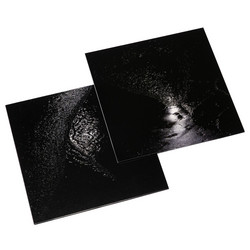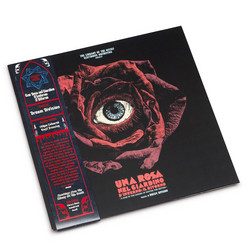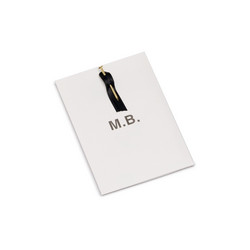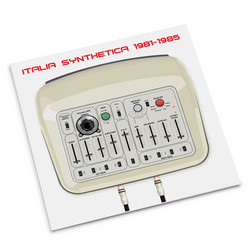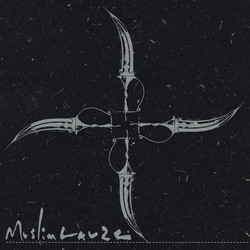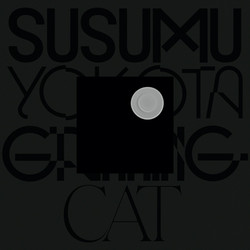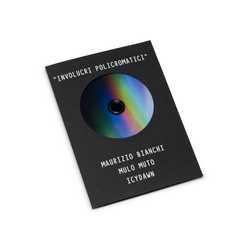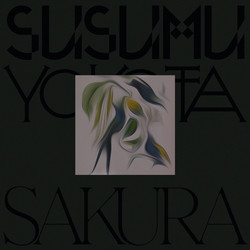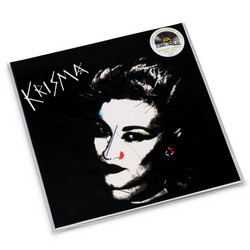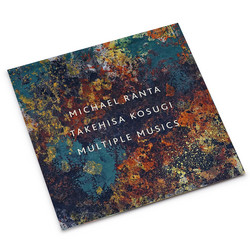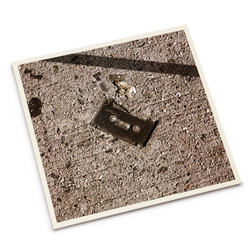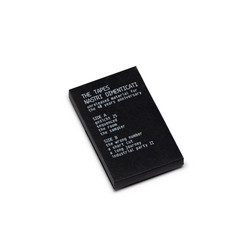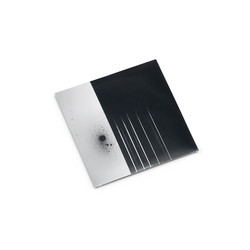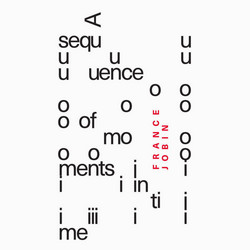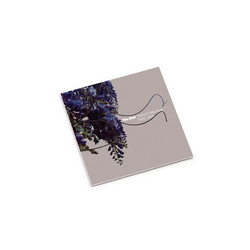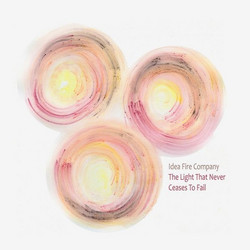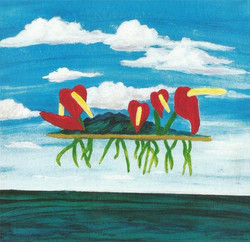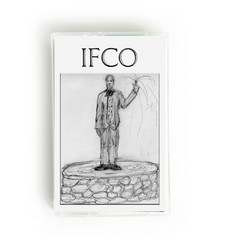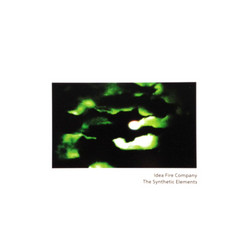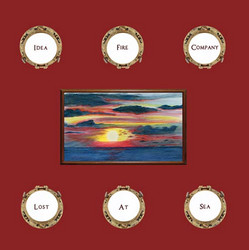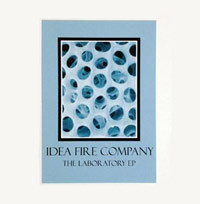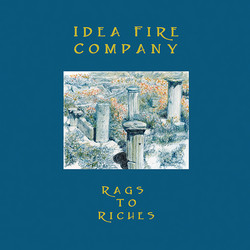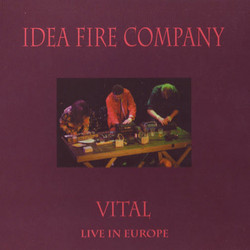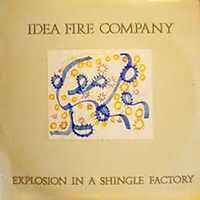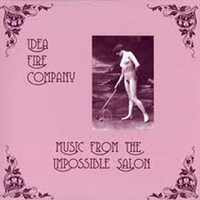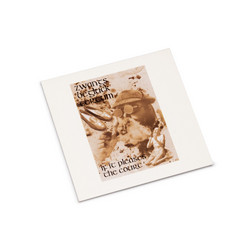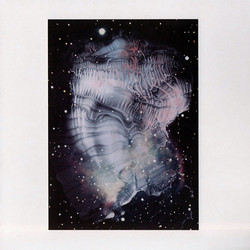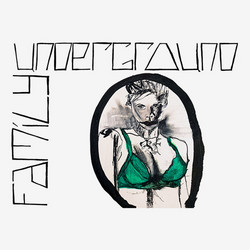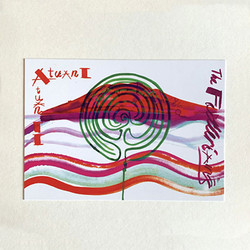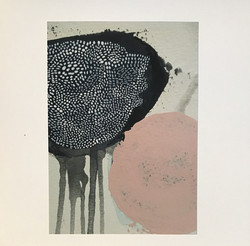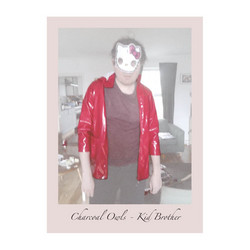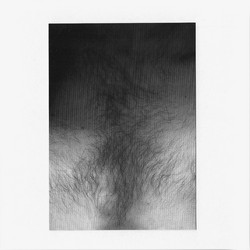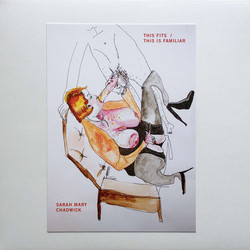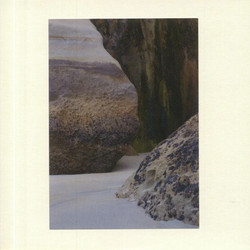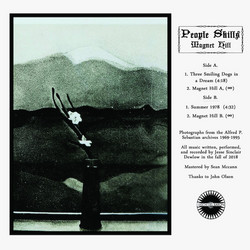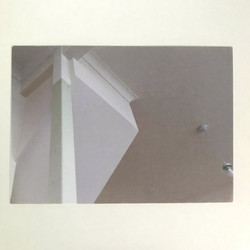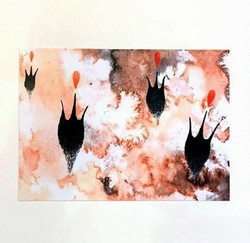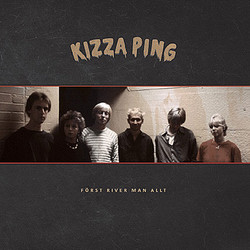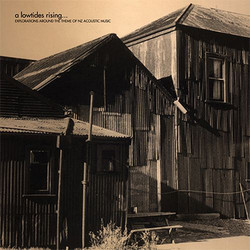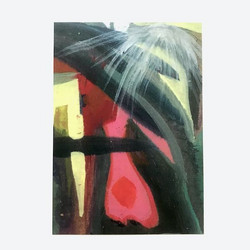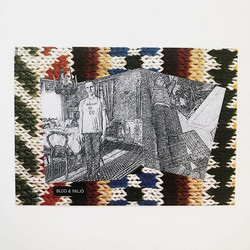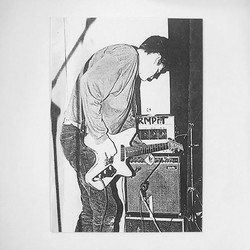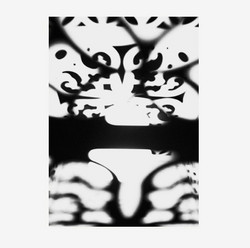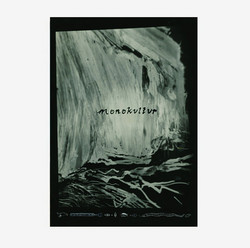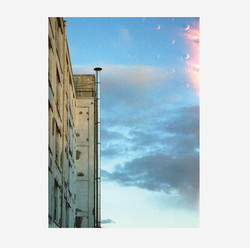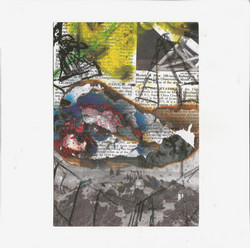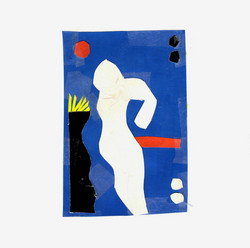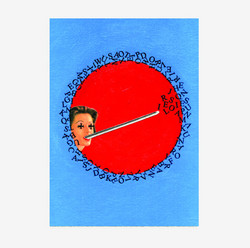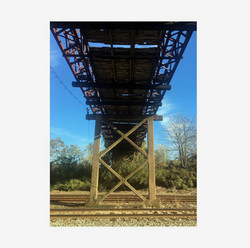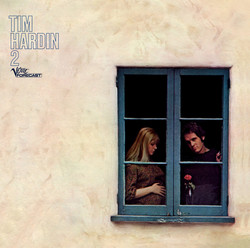*Edition of 200* With Penthouse, the long-running American collective Idea Fire Company extend their singular language of restraint and spatial tension into one of their most compelling statements. Formed in the late 1980s by Scott Foust and Karla Borecky, the ensemble has continually blurred the line between composition and atmosphere, merging experimental music’s austerity with an almost cinematic tactility. Here, their focus turns inward: the record unfolds like a diary written in reverberation and shadow, every sound chosen for the way it bends silence rather than fills it. The album’s architecture is deceptively simple—slowly emergent synthesizer figures, isolated piano chords, faint environmental hums—but the pacing transforms these minimal materials into something quietly monumental. Each track feels like an apartment seen from dusk to dawn: identical spaces, subtly altered by the shifting of light. Borecky’s piano gestures hover between recollection and hesitation, while Foust decorates the edges with tape-saturated drones and field noise. The result is both intimate and remote, music designed to inhabit a room rather than dominate it.
Throughout Penthouse, the duo’s habitual poise attains a deeper warmth. Where earlier works such as The Island of Taste or The Synthetic Elements often carried a tone of analytic distance, this record moves with emotional translucence. Moments of almost melodic clarity emerge from the static drift, only to recede again into abstraction. The pieces suggest private rituals—domestic, repetitive, consoling—but always with a sense of something just beyond reach. The restraint becomes expressive, even affectionate.
This subtle balance between austerity and affect situates Penthouse within both minimalist and ambient traditions, yet it maintains the idiosyncratic pulse of Idea Fire Company’s ongoing dialogue with avant-garde forms. You hear echoes of early electronics, musique concrète, and the ghostly interiors of mid-century modernity, but filtered through the duo’s own melancholic rigor. Each tone seems aware of its fragility, sustained only as long as the listener’s attention allows. Even for a band whose catalog resists summary, Penthouse stands out as a distillation: a meditation on space, memory, and the private architectures we inhabit. It is, in its quiet way, a record of devotion—to listening, to patience, to the fragile persistence of beauty in stillness. Idea Fire Company remind us that minimalism, when guided by empathy, can still reveal entire worlds.


